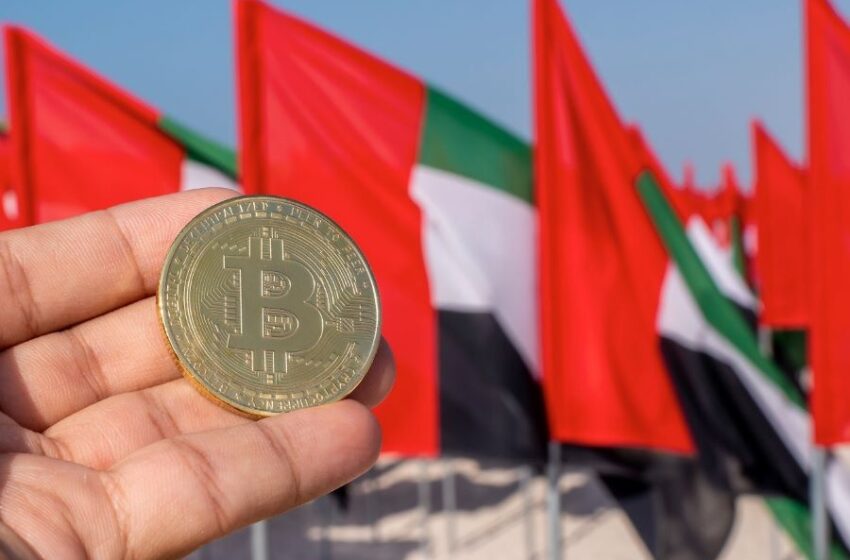
Crypto Market Expanding Its Activity in UAE
The UAE continues to experience rapid growth in the crypto space, driven by a combination of regulatory innovation, institutional interest, and expanding market activity, a new report from Chainalysis said on Wednesday.
Between July 2023 and June 2024, the UAE received over $30 billion in crypto, ranking the country among the top 40 globally in this regard and making it MENA’s third largest crypto economy, the report entitled “Middle East & North Africa: Regulatory Momentum and DeFi Fuel Adoption,” noted.
Unlike most countries globally, the UAE’s crypto activity is growing across all transaction size brackets, signalling a more balanced and comprehensive adoption landscape. The Emirates also has a diversified crypto ecosystem, with significant activity beyond CEXs, including DeFi.
The total value received by DeFi services in the UAE, including DEXs, grew by 74% compared to last year, and that received by DEXs alone grew by 87%, from an estimated $6 billion to $11.3 billion.
Arushi Goel, Head of Policy for the Middle East and Africa at Chainalysis, said that traditional financial institutions such as banks are actively exploring their roles within the crypto ecosystem, showcasing the growth of a crypto-TradFi nexus and this engagement is further supported by a robust and evolving regulatory framework.
According to the report, global crypto markets have rebounded and many governments were working towards crafting regulatory frameworks that balance innovation with necessary safeguards. “The UAE is at the forefront this effort, with various regulatory authorities across its Emirates developing tailored approaches. At the federal level, the Securities and Commodities Authority (SCA) regulates virtual assets services, while the Central Bank of the UAE (CBUAE) oversees payment token services, the report said.
Additionally, the two financial free zones — the Dubai International Financial Centre (DIFC) and Abu Dhabi Global Market (ADGM) — operate independent financial regulatory regimes, each with its own distinct virtual asset framework.
Crypto Market in MENA
The Middle East & North Africa (MENA) region has been ranked as the seventh-largest crypto market globally in 2024, with an estimated $338.7 billion in on-chain value received between July 2023 and June 2024, accounting for 7.5% of the world’s total transaction volume.
Although the market is smaller compared to other regions, MENA includes two countries ranked in the top 30 of the global crypto adoption index – Turkiye (11th) and Morocco (27th) – capturing $137 billion and $12.7 billion of the value received respectively.
The majority of crypto activity in MENA is driven by institutional and professional-level activity, with 93% of value transferred consisting of transactions of $10,000 or above, the report said.
Centralized exchanges (CEXs) remain the primary source of crypto inflows across MENA overall, indicating that most users and institutions still prefer traditional crypto platforms, but decentralized platforms and DeFi applications are steadily gaining traction.
Notably, Saudi Arabia and the UAE demonstrate high interest in decentralised platforms. The majority of DeFi activity across MENA occurs on DEXs, with Saudi Arabia participating in other DeFi activities at a marginally higher share than the other nations shown.
Saudi Arabia benefits from a disproportionately young population — around 63% of its citizens are under 30 years old. This demographic is especially meaningful from an emerging technology perspective, as younger generations tend to be more open to experimenting with new financial technologies.
The UAE also showed higher DeFi adoption than the global average, likely attributable to its progressive regulatory stance which has fostered clarity around specific classes of crypto participation.
The UAE’s proactive and collaborative regulatory approach to crypto and web3 companies has attracted a diverse range of users, and solidified the UAE as a hub for DeFi and broader crypto activity. In contrast, users in Turkiye and Qatar remain heavily reliant on CEXs, with lower DeFi participation compared to global averages, the report said.















